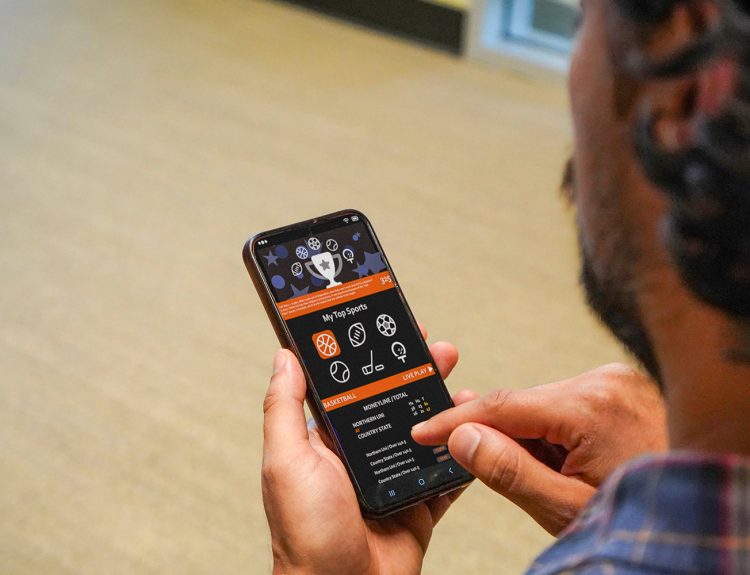For small businesses, building a strong online presence is critical—but often challenging due to limited resources. One of the most effective ways to boost visibility in search engines is through quality backlinks. Unlike low-cost spammy links that can harm your rankings, quality backlinks signal trust and relevance to search engines.
The good news? You don’t need a massive budget or a dedicated SEO agency to start building them. With the right strategy and consistency, small businesses can earn quality backlinks organically and affordably.
This article explores smart, budget-friendly tactics any small business can use to develop a sustainable backlink profile.
What Are Quality Backlinks and Why Are They Important?
A quality backlink is a link from another reputable website pointing to yours. But not just any site will do—what defines quality includes:
- The linking site’s domain authority
- Its relevance to your niche or location
- The context and placement of the link
- The naturalness of the anchor text
These links tell Google that your website is trustworthy and valuable, which helps your content rank higher in search results.
The Challenge for Small Businesses
Unlike large corporations, small businesses often don’t have big marketing teams or SEO consultants. That means building backlinks must be done strategically, creatively, and often by the business owner themselves.
Fortunately, some of the most effective strategies don’t cost anything—just time, effort, and a focus on providing value.
Proven Strategies to Earn Quality Backlinks on a Budget
1. Leverage Local Listings and Directories
Start with the basics: submit your business to high-quality directories like:
- Google Business Profile
- Yelp
- Bing Places
- Apple Maps
- Chamber of Commerce directories
- Local business associations
These provide not only backlinks but also improve local SEO and help customers find you.
2. Create Helpful, Linkable Content
Content marketing is a cost-effective way to attract backlinks naturally. Publish blog posts, infographics, or videos that answer your audience’s questions or solve common problems.
Examples:
- “How to Choose the Right Coffee Beans for Your Café” (for a coffee shop)
- “5 Budget-Friendly Kitchen Remodel Ideas” (for a home improvement company)
When others reference your content, they’ll often link back to you.
3. Guest Posting on Niche Blogs
Many bloggers and niche websites accept contributions. Offer to write a relevant, helpful article in exchange for a backlink in your author bio or body text.
How to find opportunities:
- Search Google for: “write for us” + [your niche]
- Check out blogs your customers might read
- Use platforms like Help a Reporter Out (HARO) or Qwoted
Just make sure the site is reputable and relevant to your industry.
4. Use Testimonials to Earn Backlinks
Write testimonials or reviews for vendors or partners you work with. Many companies showcase these on their websites—often including a link back to the reviewer’s site.
Example: If you use a payment processor, send them a short testimonial. You get featured on their website, and they reward you with a backlink.
5. Collaborate with Local Influencers
Reach out to local bloggers, influencers, or micro-influencers who align with your brand. Offer them a product trial, discount, or collaborative content opportunity in exchange for a mention with a link.
Even a small food blogger or travel vlogger can bring high-quality, relevant backlinks if they write about your service.
6. Publish Press Releases and Local News Stories
Use local media to your advantage. Announce:
- A product launch
- A local event or sponsorship
- A community initiative
Distribute these press releases to local news sites or bloggers. These stories often get picked up by other outlets, resulting in natural backlinks.
7. Turn Customers into Advocates
Encourage happy customers to mention your business online. If they have blogs, newsletters, or business sites of their own, they may be willing to write about your services and link back to you.
You can incentivize this through discounts or simple thank-you gestures.
Tools to Help You Track Backlinks (Free or Low-Cost)
To track your backlink progress and find opportunities, use:
- Google Search Console (free)
- Ahrefs Webmaster Tools (free version)
- Ubersuggest (freemium)
- Moz Link Explorer (limited free access)
These tools show you who’s linking to you and help identify weak spots in your backlink strategy.
Tips for Sustainable Backlink Growth
- Focus on consistency: One quality backlink per month is better than 20 spammy ones at once.
- Avoid shortcuts like buying links—Google can penalize your site.
- Keep your website content updated, mobile-friendly, and valuable.
- Engage on social media and in forums to raise your profile naturally.
Conclusion
For small businesses, earning quality backlinks doesn’t have to be expensive or overwhelming. With smart, focused efforts—like publishing helpful content, guest posting, and engaging locally—you can build a strong backlink profile that boosts your online presence.
Remember: it’s not about how many backlinks you have. It’s about who’s linking to you, why they’re doing it, and whether those links help your customers trust your business.
By investing time into ethical and strategic link-building, small businesses can compete with larger brands in search engine rankings—without breaking the bank.






